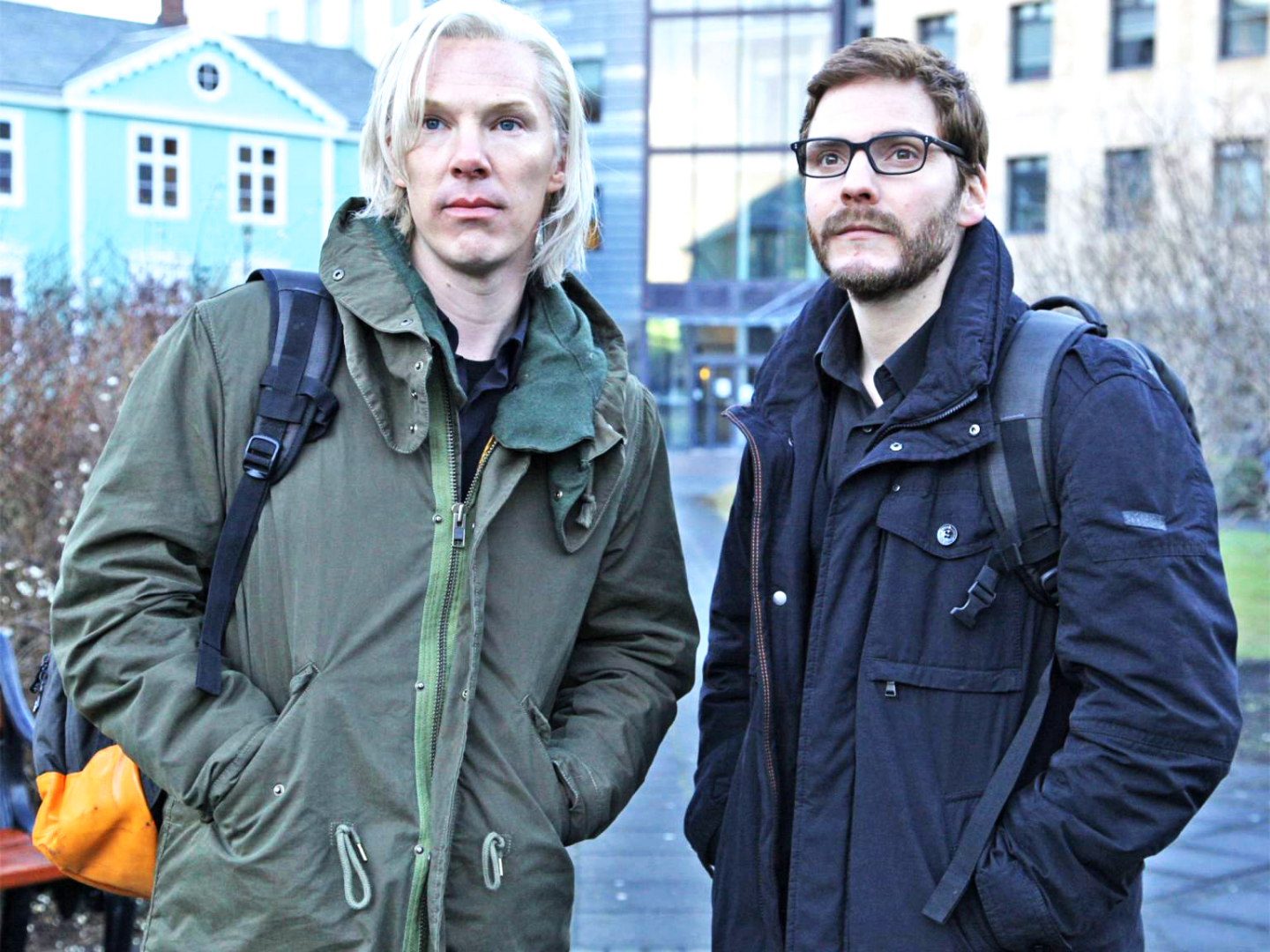How far would you go to get the truth out to the world? This is the question posed in “The Fifth Estate,” released in theaters last Friday. Employing very interesting methods of cinematography, this film draws viewers into the world of Wikileaks, told through the eyes of Daniel Domscheit-Berg (Daniel Brühl, “Rush”).
The movie is actually based off of Berg’s own book, “Inside Wikileaks.” Wikileaks gained infamy in 2010 after releasing compromising United States documents and video footage. The film manages to get a bit muddled at times, but the performance of Benedict Cumberbatch (“Star Trek: Into Darkness”) as Julian Assange is phenomenally engaging and alarmingly close to reality.
For any Cumberbatch fans, this is just another film to view the rising actor’s excellent talent. The intricacies of Assange’s persona shine through the murky question of morality in “The Fifth Estate.” For an actor from Great Britain, he articulates alarmingly well to create an impeccable Australian accent. In addition to acquiring the voice of Assange, Cumberbatch manages to recreate the exact derogatory tone of voice often heard from the real-life Assange. From the quick bows before speeches to the perpetual, lanky hair dangling in his face to the way he holds himself, Cumberbatch not only represents Assange; he becomes him.
For viewers looking for a direct representation of Wikileaks, this film does not deliver. Rather, instead of presenting a purely one-sided story, “The Fifth Estate” explores Assange’s motives, Domscheit-Berg’s morals, and people actually affected by the leaks, like members of the U.S. government played by Laura Linney (“The Exorcism of Emily Rose”) and Stanley Tucci (“The Hunger Games”), or informers who have risked their lives. The movie bounces all over the globe, filming on location in Belgium, England, Kenya, the Netherlands and more, which also adds to the sense of reliability and scope of the film.
One of the most interesting parts about the movie is its cinematographical representations of the online world. Whenever Assange and Domscheit-Berg delve into the Wikileaks server, the scene location switches to an expansive room filled with computers, volunteers diligently clicking away on their computers. When Assange reveals that it is truly just him working the entirety of Wikileaks himself, the room becomes bigger, but Assange and his white hair stand out starkly alone in the middle. Another interesting scene occurs as the two are speaking to each other over the server, though they are sitting right across from each other. Voiceovers dictate their lines, neither looking up from the light of their computers, their typed words reflected upon their faces.
Despite the phenomenal acting all around and the many-sided story represented, “The Fifth Estate” managed to get confused with its message at times. The plot occasionally goes off on unrelated tangents or speeds quickly through important plot points while spending more time on unimportant scenes. Additionally, for those without extensive computer knowledge, many of their terms and even entire plot twists blow past the audience due to lack of explanation.
More time could have been spent putting Wikileaks into better context as well—several times, Assange lists off certain reveals which most people are not entirely informed about. The moral message demonstrated in some of those scenes is missed, because rather than explaining what was revealed, the writers deemed it more necessary to throw out as many miscellaneous names as possible. Quality over quantity would have been an effective motto. If the film had chosen to specifically target certain aspects of the Wikileaks scandal, it would have been better received by viewers and more comprehensible.
Viewers are going to be forced to make up their own minds after seeing “The Fifth Estate” because of the vast wealth of information presented and available for later consumption post-film. The issue is not black and white, which the filmmakers worked hard to underline for the audience. The end of the film even subtly pushes for viewers to explore the history on their own, with Cumberbatch making a fantastic speech similar to one Assange would, claiming that everything he did was correct and moral. Though the film could have been told through a better and more clarified lens, it still presents an interesting point in history while enticing its viewers to get educated in reality.











